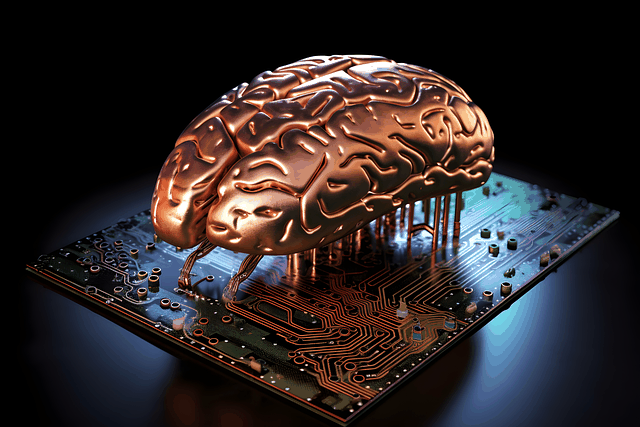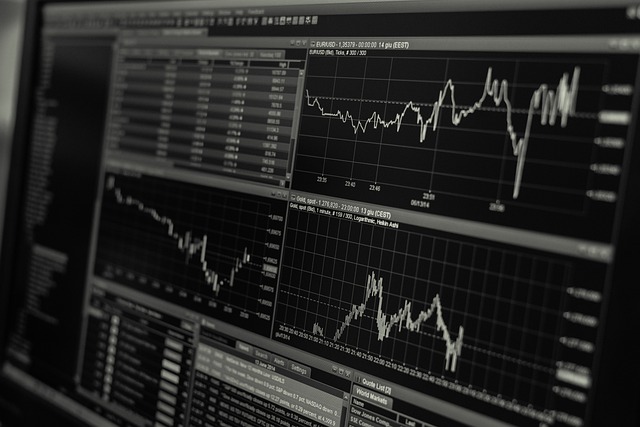Predictive artificial intelligence, which enables predicting events that have not yet occurred by using data analysis and learning algorithms, can identify patterns by examining large data sets and predict future events using these patterns.
Predictive artificial intelligence, used especially in finance, healthcare, manufacturing, retail and many other industries, improves decision-making processes, reduces risks and increases operational efficiency.
For example, in the financial sector, predictive artificial intelligence is used to make investment decisions by analyzing stock prices, market trends and economic indicators .
Predictive artificial intelligence, which is used in the healthcare industry to predict the spread of diseases, optimize treatment plans and improve outcomes, quickly processes large data sets and reveals complex relationships. Thus, it more accurately predicts the probability of future events.
How does predictive artificial intelligence work?

Predictive AI often uses learning algorithms to analyze large amounts of data and predict future events.
In the first stage, large data sets containing past events, trends, and patterns are collected from various sources. Afterwards, unnecessary information is eliminated from these pre-processed data and meaningful data is extracted from the remaining ones.
In the model training phase, the predictive artificial intelligence algorithm is trained on a previously collected data set.
The algorithm learns the patterns and relationships in this data set through many loops and adjustments. In this way, a model that can generalize against unknown future data emerges.
In the final stage, the trained model is applied to new and unknown data to make predictions. The model detects probabilities of future events based on learned patterns.
Thus, predictive artificial intelligence helps users make decisions, evaluate risks or make strategic plans.
Use cases of predictive artificial intelligence in businesses

Predictive artificial intelligence applications are of great value as they help businesses see their future steps.
In this way, institutions can make more informed decisions and minimize their commercial risks. Today, predictive artificial intelligence has a wide variety of usage scenarios.
inventory management
Predictive AI helps identify times when consumer demand is likely to be higher and when a brand or store should keep more products in stock.
In this way, businesses achieve more effective inventory management.
supply chain management
Similar to inventory management, predictive artificial intelligence can determine when road congestion will occur or when more trucks will be needed to meet sudden increases in user demand.
Institutions that benefit from predictive artificial intelligence minimize disruptions in their procurement processes.
Personalized user experiences
Predictive AI helps predict user behavior based on past activities. Thus, businesses seize new opportunities to offer personalized user experience.
Health Service
Predictive AI can detect potential future health risks based on a person’s medical history when sufficient data is available. In this way, the opportunity to take precautions or early diagnosis of diseases before they occur increases.
Marketing
Predictive artificial intelligence can predict user or customer behavior, as well as detect what kind of content or products potential customers may be interested in. Thus, institutions can prepare more target-oriented marketing campaigns.
Predictive AI and Generative AI

Predictive AI and generative AI use machine learning to produce their output . However, predictive AI uses machine learning to predict the future, while generative AI uses it to create content.
Although predictive artificial intelligence and generative artificial intelligence generally share the same basic principles, there are differences in terms of their intended use and results.
While predictive artificial intelligence learns from existing data sets, generative artificial intelligence focuses on producing content more creatively and innovatively.
Therefore, both types are used in different industries and applications, providing unique advantages.